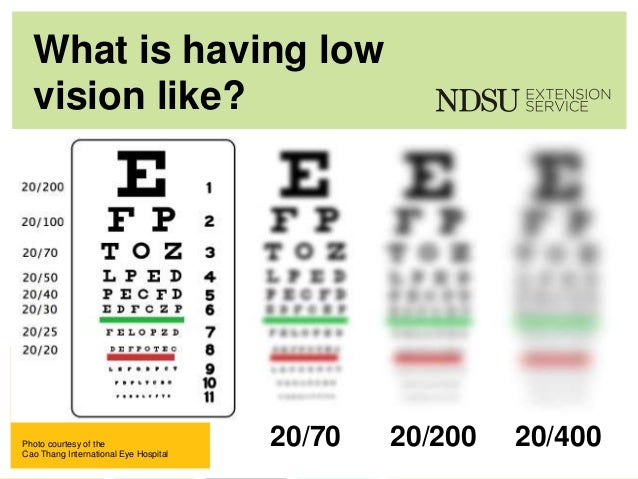I was doing some research (is anyone surprised?) on what exactly constitutes low vision versus legal blindness in the United States and I've gotten some very interesting results. Come on this journey as I share my enlightenment of this topic through my own
In the U.S. we have a classification system for levels of vision loss. As most people know 20/20 is perfect vision (and a lovely two part album series by JT!). When the second number gets bigger the more vision loss a person has; for example I'm 20/70 so I can see at 20 feet what a fully sighted person can see at 70 feet away with best correction via glasses/contacts/surgery.
However, you are not 'legally blind' by definition if your visual acuity (or accuracy) is better than 20/200. When I was a little girl I was by definition legally blind but somehow my vision decided to improve slightly so now I can't actually claim legal blindness. In recent years sometimes my mom would say something like, "Helon is legally blind" when explaining my many medical conditions to whomever needed that information but I don't think she knew that wasn't exactly the case in terms of accuracy on a medical standpoint but hey it is an easier explanation, right? Way less wordy for sure.
Let me illustrate to you perfectly sighted people what my vision looks like with a picture I Googled:
See the Snellan chart that says 20/70? Welcome to my visual world, people. Funny thing is in the last few times I've been to my eye doctor when they've always asked if I could read past the fourth line I have actually laughed at the absurdity of that question.
Some of y'all who know me well might ask, "But didn't your last eye surgery help your vision?" and the answer is no. The only eye surgery that I know of that can truly improve vision loss is LASIK (lol) which I'm a horrible candidate for.
Now that I've explained the #VisuallyImpairedStruggle there are actually some awesome things about living with low sight including and not limited to: private turs at museums/historical sites if applicable, front row parking spaces (who doesn't love that?) if you drive or passes for people who drive you around because you're too cool to drive yourself so others drive you, front row seats at like any event ever if you can choose your seats, Braille is cool and so is large print, and a white cane or service dog makes you a badass I think or a guy/chick magnet in the case of a dog.
Appreciate your sight, however low or high your Snellan numbers are people.
